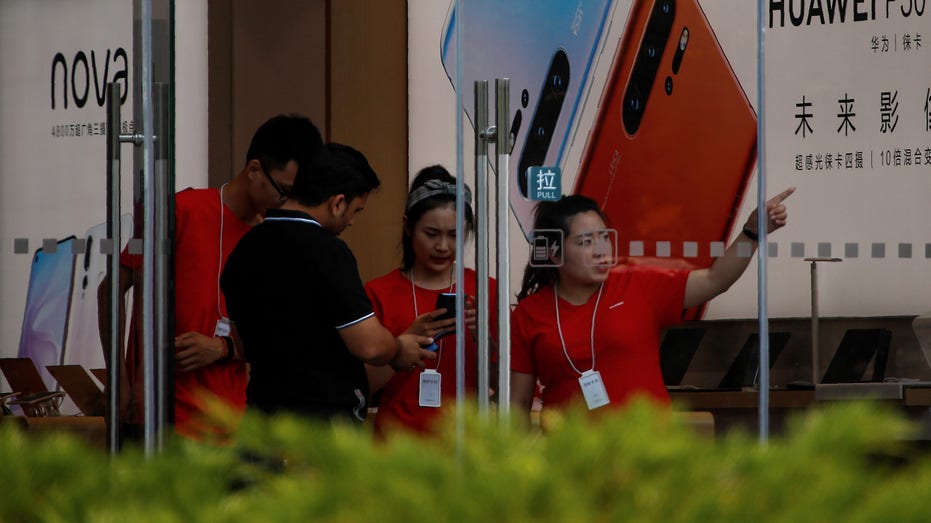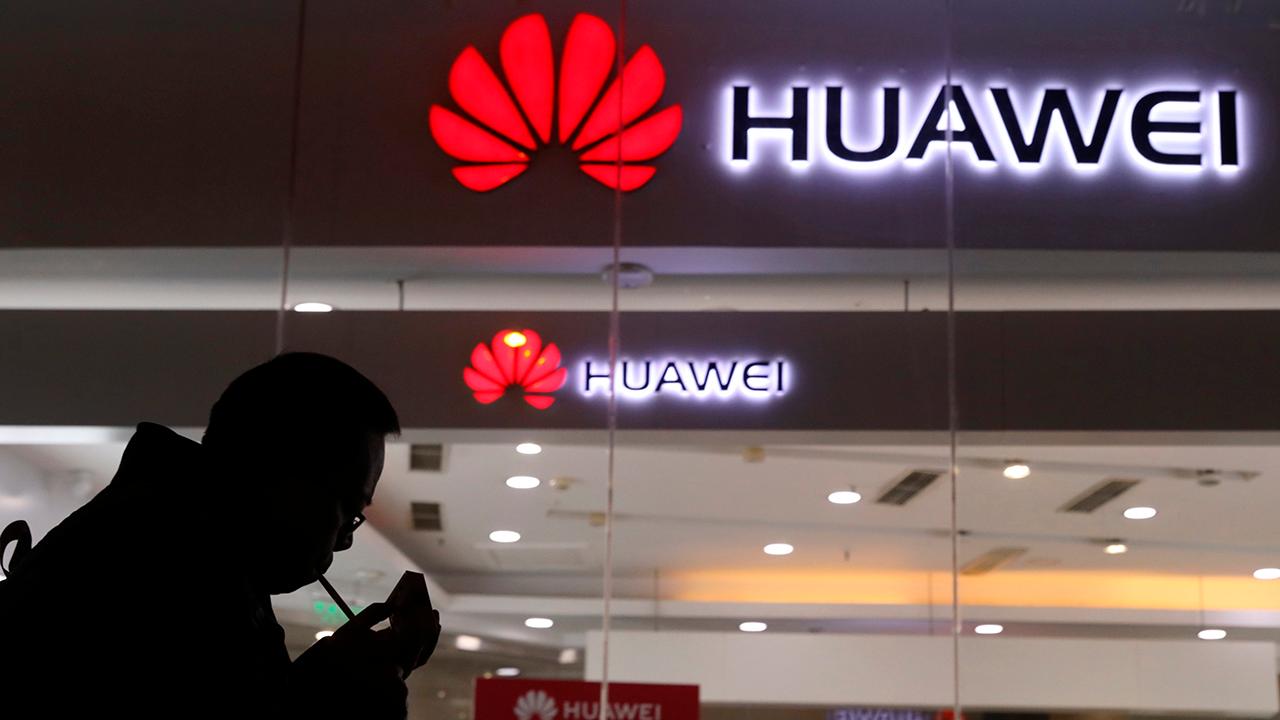Huawei says revenue will be $30 billion less in next 2 years due to US ban
Huawei founder and CEO Ren Zhengfei estimates the tech company’s revenue will be $30 billion less than forecast over the next two years due to the U.S. government’s ban and ongoing trade dispute with China.
"We never thought that the U.S.'s determination to attack Huawei would be so strong, so firm," Ren said Monday during a panel discussion at company headquarters in Shenzhen. “…We cannot get components supply, cannot participate in many international organizations, cannot work closely with many universities, cannot use anything with U.S. components, and cannot even establish connection with networks that use such components.”
Ren said Huawei’s sales revenue for the next two years will be about $100 billion — down from the previous target he made in February of $125 billion in 2019. The tech giant brought in a revenue of about $105 billion last year. The CEO added that the company will reduce its capacity in the next two years.
He said Huawei’s international cellphone sales will also drop by 40 percent.
The company's current situation "is not caused by American businesses, but rather by certain politicians' different perspectives," Ren said while comparing the tech giant's current state to a "badly damaged plane." "I think both sides will suffer. No one will win."
Despite the setbacks, Ren said the company will still move forward with research and development and will not conduct massive layoffs. The tech giant will continue to collaborate with other companies and countries.
Tensions between the U.S. and the Chinese tech giant have escalated since Huawei’s chief financial officer Meng Wanzhou, Ren’s daughter, was arrested in Vancouver, Canada, in December at the request of U.S. authorities. Meng was accused of trying to evade U.S. sanctions on Iran by trying to sell equipment to the country. The U.S. has also said Huawei is a national security issue — not a trade problem — amid the ongoing trade dispute with China.

Chinese tech giant Huawei said last week it would have become the world's number one smartphone maker by year's end if it were not for "unexpected" circumstances. (AP)
“As we’ve said all along, the Huawei discussions are really national security discussions, they’re separate from trade. Both we and China have acknowledged that,” U.S. Treasury Secretary Steven Mnuchin told CNBC last week. “These are separate issues, they’re not being linked to trade.”
Last month, the U.S. placed Huawei on a blacklist that prevents U.S. companies from supplying computer chips, software and other components to the company without government approval. Google, which provides its Android operating system for Huawei smartphones, announced it was issuing a ban in conjunction with President Trump’s executive order — but shortly after halted its plans after the U.S. Commerce Department granted a 90-day license for companies and Internet providers to coordinate with the Chinese tech giant in an effort to help existing customers.
CLICK HERE TO GET THE FOX BUSINESS APP
Several other companies, including Facebook and Panasonic, have since said they have cut ties with Huawei.
In March, Huawei filed a lawsuit in the U.S. challenging the constitutionality of a national security law which prevents the U.S. government and its contractors from using Huawei equipment. The complaint, filed in Plano, Texas, where Huawei's American operations are headquartered, alleges the law singles out Huawei for punishment while denying the company due process.
The Associated Press contributed to this report.




















